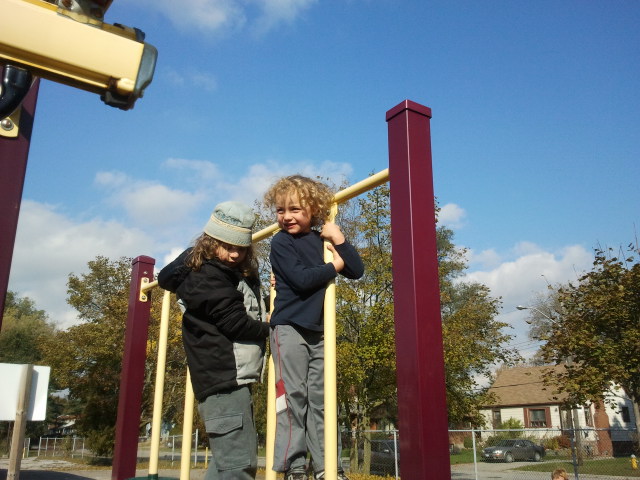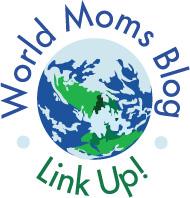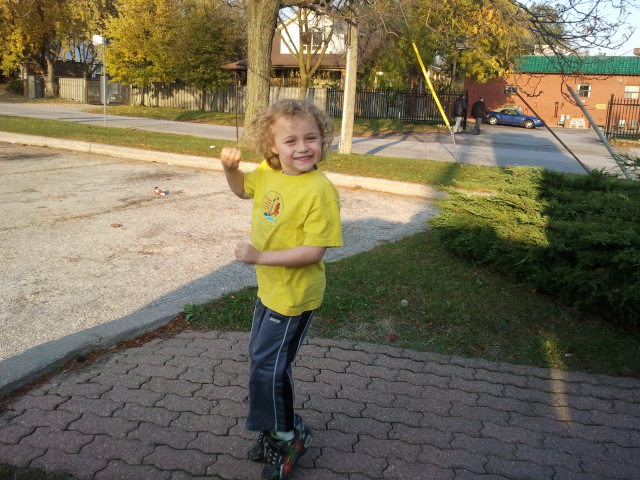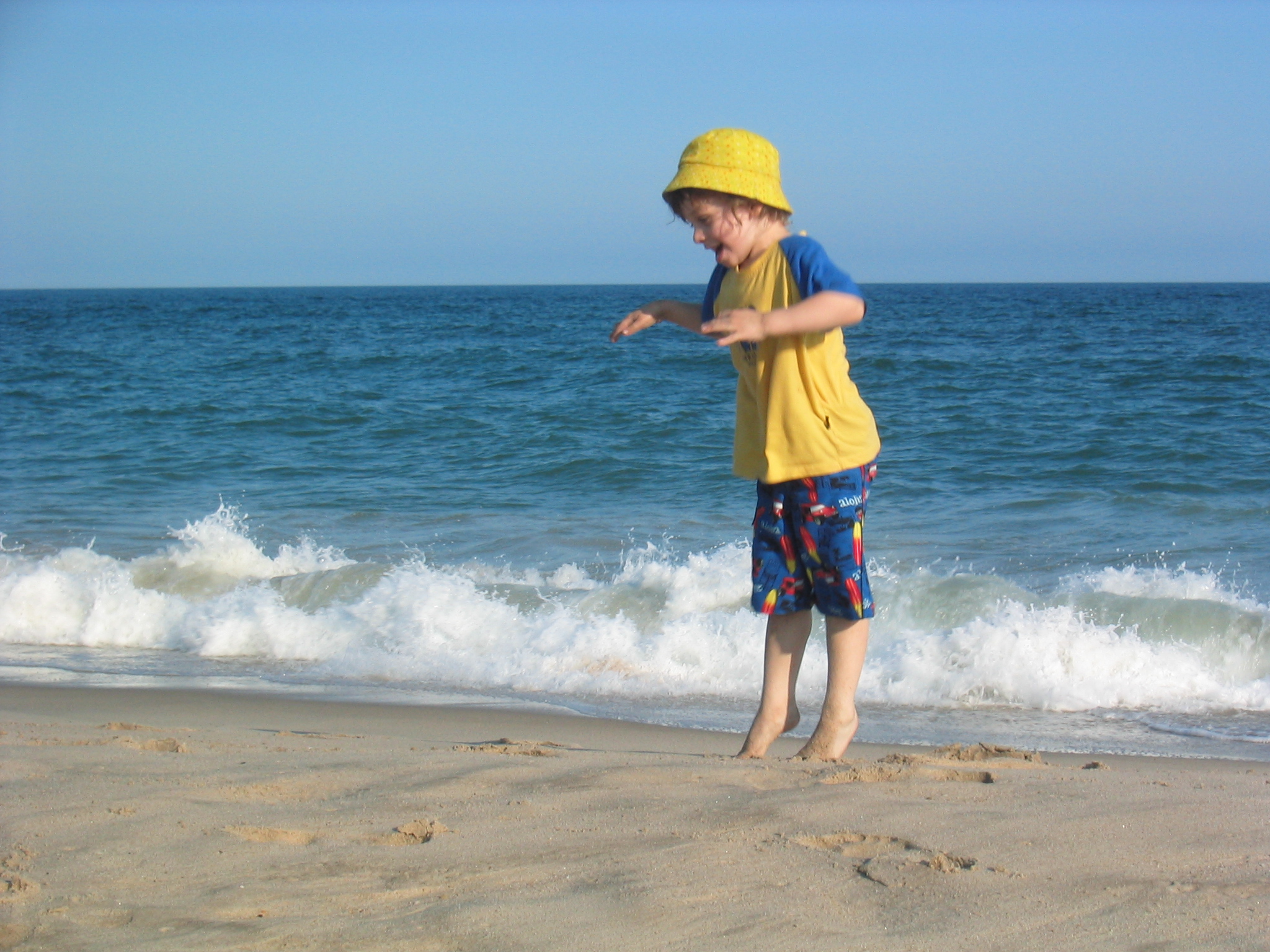 Sometimes, when you’re five years old and your big brother has autism, life just isn’t fair.
Sometimes, when you’re five years old and your big brother has autism, life just isn’t fair.
This weekend I spent a lot of time worrying about my son James. The worrying was prompted by reports from his before- and after-school program that he’s been acting up and is “always in trouble.” Initially, my husband and I put this down to James’ independent nature. He is a strong-willed child who is currently going through a phase of pressing other peoples’ buttons and seeing how far he can go.
But my gut instinct is telling me that I shouldn’t be giving James a hard time about his behaviour in the program – at least, not yet. Not until I have had a meeting with the program administrators to get a clearer picture. I have this nagging feeling in the back of my mind that there is something else going on here, something that might be making my baby unhappy.
About six weeks ago, we went through a decluttering blitz at my house. We got rid of toys and clothing that the boys had outgrown, and we threw out stuff of our own that has been lurking in boxes in our basement since Noah built the ark. One of the items we found was a calendar from a Chinese restaurant. It has the entire year on one long piece of fabricky-type stuff that rolls up like a mini-blind. James was fascinated with this thing and asked if he could have it. I said yes, and passed it over.
Last week while James was playing with the calendar, George kept grabbing at it and saying, “Mine!” James was getting upset because George was bugging him, and George was getting upset because he wasn’t getting the calendar. The situation escalated to the point of George having a meltdown and trying to headbutt James. And in order to stop George from going off the deep end, my husband took the calendar from James and gave it to George.
James was devastated. He sobbed his little heart out. It was bedtime anyway, so I carried him to his bed, lay down beside him, and held him tight. My own heart felt like it was breaking.
James didn’t see that my husband had been trying to stop a bad situation from going completely out of control. He just saw that we had taken away something that belonged to him, and given it to George.
There have been other times when George has gotten what James must perceive to be preferential treatment. We have to make allowances for George’s tolerances and levels of understanding. When James gets a timeout, he understands that he is being punished for something. This is completely lost on George: consequently, George never gets timeouts. We have different expectations of the two boys where it comes to sharing their toys with each other. Sometimes, family outings have to be cut short because George is not coping.
I cannot help asking myself: is it any wonder that James is trying too hard to assert himself in an environment other than home? Could it be that his perceived lack of control within his family is leading him to try and establish it elsewhere?
I try hard to make it up to James in other ways, but I wonder if I am doing enough. My mind keeps coming back to the idea that this poor kid probably doesn’t even have faith that his toys will remain his own. I worry about whether we are expecting James to have more coping ability than he is developmentally capable of.
It is clear to me and my husband that James loves his brother. He is always – with increasing success- trying to get George to play with him. When George is being reprimanded for something, James is standing up for him. And sometimes, when James wakes up from a bad dream in the middle of the night, he crawls into bed with his big brother and the two boys snuggle up to each other.
As much as they love each other, though, it seems to me that at times, the happiness of one has to be sacrificed for the needs of the other.
And that just isn’t fair.
(Photo credit to the author)












